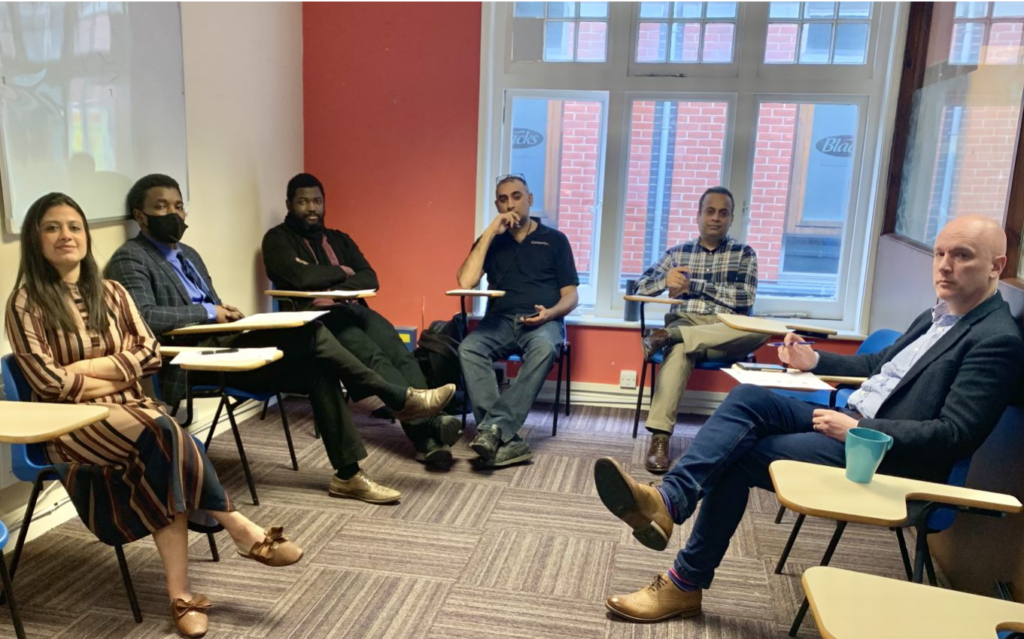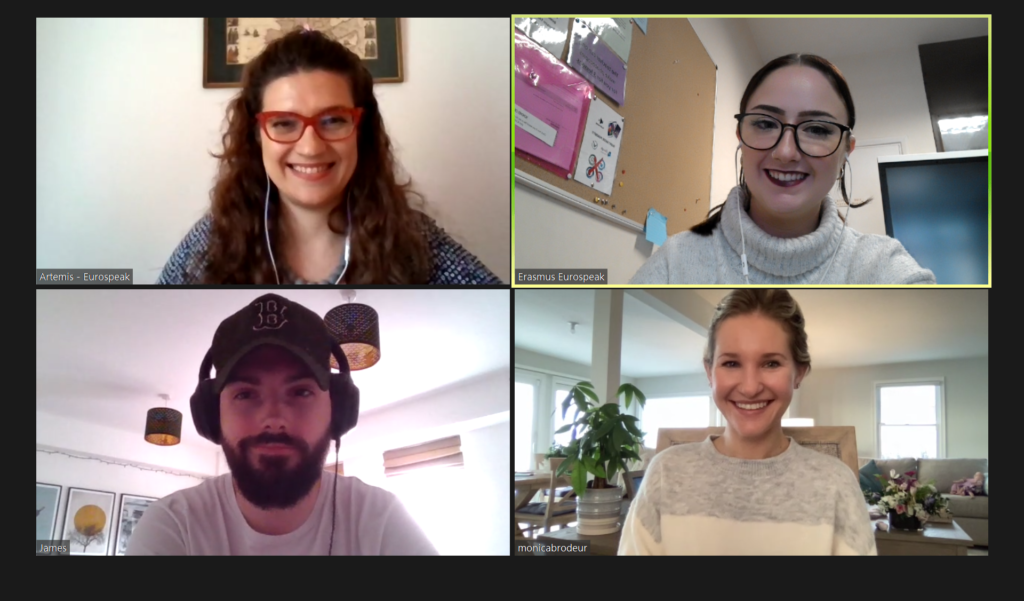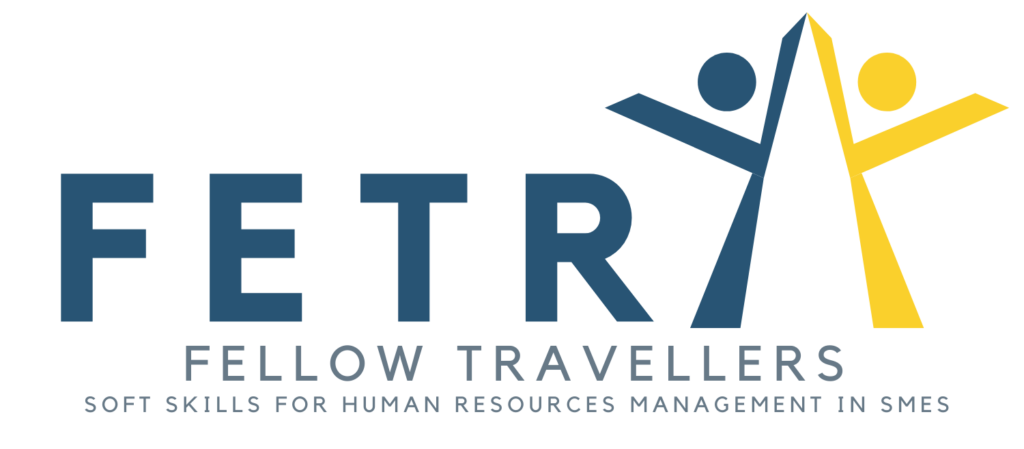In order to create a roadmap to discover the top 12 most important soft skills for SME management, the partners of the FETRA project each held a focus group in their own country. The focus groups were a great success, with each organisation reaching at least 8 local experts in the fields of entrepreneurship, management, or Human Resources (HR). The purpose was to narrow down each partner country’s perception of which soft skills are most important for recent entrepreneurs to find success in their business.
Upon analysing the Focus Group results in the five partner countries, we have determined that the below are the top most important soft skills for recent entrepreneurs in each country:





The focus groups revealed a number of conclusions that would be significant knowledge for anyone that has recently started a SME. Namely:
- The selection of staff and the creation of a competitive and committed team of workers is a determining factor in achieving competitive and successful companies. This is why the recruitment process is extremely important, as it is through this process that the structure of the team with which the company will compete in the market is configured.
- The selection of the wrong candidate leads to a number of costs, which in the case of small and medium sized enterprises can have a very negative effect on the survival of the company. Among the costs mentioned were the ones below:
- Training costs and the costs of adaptation and integration into the work team.
- Salary and social security costs.
- Productivity could drop and this would result in a loss of customers and profits
- the costs of re-selection.
- The image of the company, the climate that can be generated in the rest of the employees, etc.
- The role of HR is not only to recruit staff, but also to create a good working environment
- The main reason that SMEs give for rejecting HR management is that “hiring a specialist is a cost they cannot afford.” Many SMEs are not aware of the impact that a good HR management policy can have on their bottom line and taking into account what has been said above, we could say that it is a one-off cost that will be recovered in the future.
- There is a growing interest in soft skills among those selected. The search is no longer just for those who know the most, but also for those who learn the fastest. This is where soft skills come into play, those non-technical skills that candidates have that can tip the balance in their favour. Taking into account the personality traits of employees has become crucial. Training and work experience are important, yes, but there is no doubt that these types of skills, with more personal and less technical components, are gaining ground when it comes to recruiting new employees.
This field research has been conducted in order to provide the roadmap for the Evaluation Tool we are now in the process of creating.
Follow us on Facebook and LinkedIn for more updates about the project’s results.
A closer look: Focus Groups in the UK
We would like to thank our local participants in Reading who took part in this blended face-to-face and online focus group, some of which are featured below.


Click the icons to learn more.
Profectus Recruitment
Bastille Day Festival Reading
Tontyne Finance
Computrix





